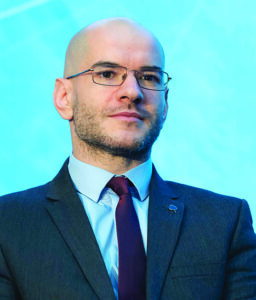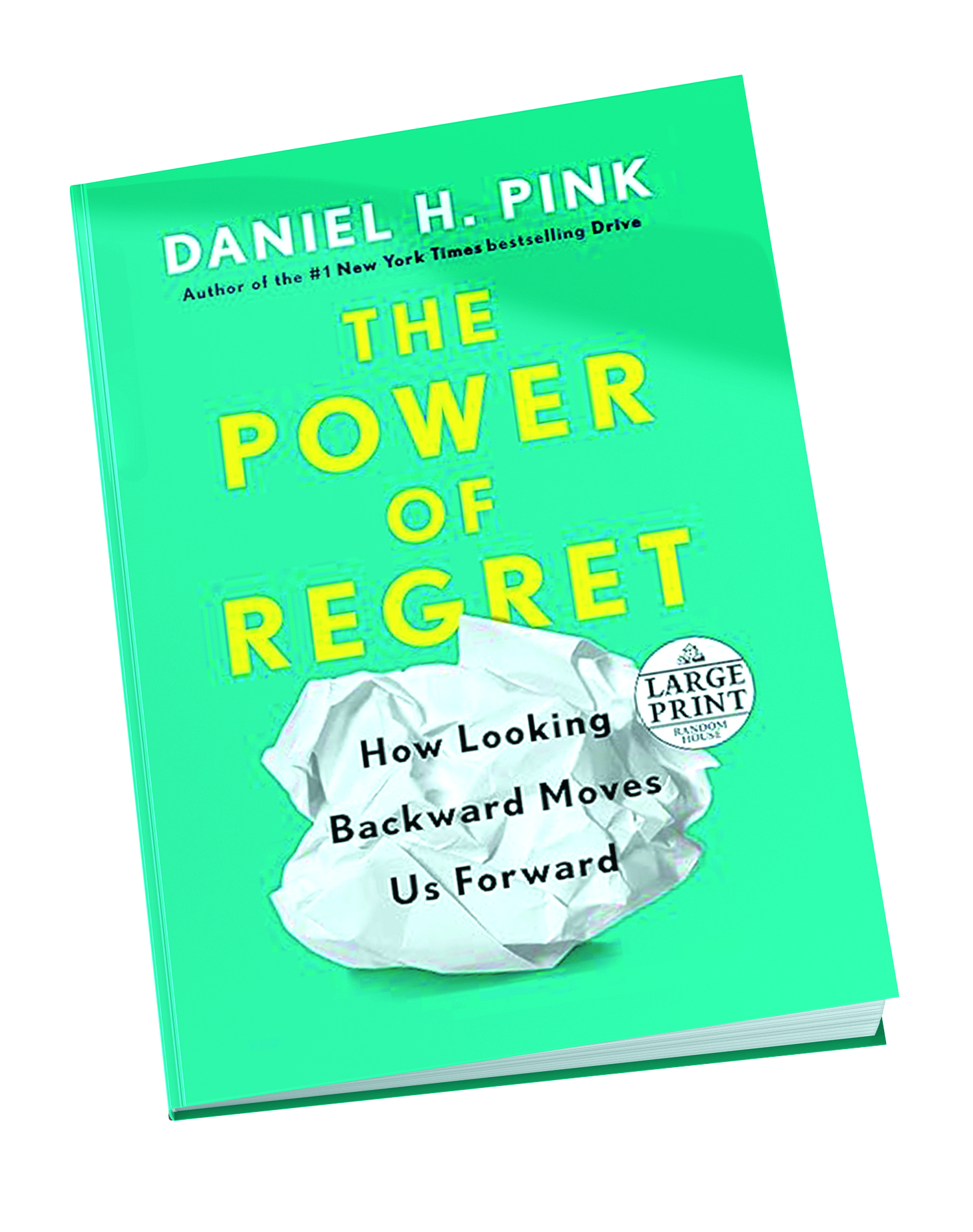 Reviewed by Alexandru Dincovici, Owner, IziBiz Consulting, Associate Lecturer, University of Bucharest, NSPSPA, Bucharest, Romania, alex@meany.ng
Reviewed by Alexandru Dincovici, Owner, IziBiz Consulting, Associate Lecturer, University of Bucharest, NSPSPA, Bucharest, Romania, alex@meany.ng
“The four core regrets operate as a photographic negative of the good life. If we know what people regret the most, we can reverse that image to reveal what they value the most. So, what do we all ultimately want and need? The deep structure of regret (…) provides an answer.”
One might argue that Daniel Pink’s The Power of Regret is yet another self-help book. Pink is a bestselling author, and by tackling such a broad subject and grounding it in an impressive body of contemporary research, it’s not surprising that this book debuted at number three on the New York Times bestseller list and stayed there for months.
However, beyond the popular appeal, Pink’s book can be seen as a light introduction to a field that has been recently resurging in social sciences and culminates with solid works in psychological and, more narrowly, hauntological anthropology, offering a fresh and interesting perspective into what it means to be human.
He starts from the astute observation of “a delightful but dangerous doctrine,” the idea that the best way to live one’s life is by adhering to a motto many have inscribed on their skin and that French singer Edith Piaf popularized—living with no regrets. This is not just wishful thinking but sheer impossibility.
What the author tries to do throughout the 256 pages of the book is to “reclaim regret as an indispensable emotion” while showing the reader how to use a profoundly human, albeit negative, emotional state to “make us better.” For this reason, I see it deeply embedded in what sociologist Eva Illouz calls the therapeutic discourse that aims to build a modern self: autonomous and on a path to becoming better, relative to some ill-defined and aspirational standard.
Through an extensive literature review and some original research into regret called the World Regret Survey, Pink claims to have uncovered a deep structure that sheds light on the human condition. For the author, all regrets can be included in one of the following four core categories: foundation regrets, boldness regrets, moral regrets, and connection regrets.
The first part of the book argues that regret should be a topic worthy of attention, drawing on more than 50 years of interdisciplinary research that has investigated the importance and implications of regret. According to the author, dealing with regret in a meaningful way has the capacity to improve decision-making, boost performance, and unlock deeper meaning.
The second part examines his own research into regret, featuring personal stories from people around the world about the things they regret the most and how they still dictate current life choices and even states of mind.
The third and final part of the book is where the magic comes in. Because regret is so pervasive in our existence, what should we do about it? Pink has the answer, and he even provides us with a three-step process for working with regrets and turning these negative emotions into a useful tool for both our present and our future.
The main takeaway from the book is that we should acknowledge the fundamental importance of the past for everyday life. Recent years have seen a growing interest in the past in the social sciences, with anthropologists, such as Byron Good or Sadeq Rahimi, speaking about the emergence of hauntological anthropology, culminating with Rahimi’s book, The Hauntology of Everyday Life.
While more theoretical, these inquiries provide a framework for understanding how the present is haunted by past histories of colonialism, violence, and historical trauma of all sorts, which leave their mark on both current lived experiences and people’s conception of possible futures. Investigating the past and significant events from one’s individual or shared history can shed a great deal of light on what is currently going on in life and in society.
A second, more personal takeaway addresses how we should deal with regret at an individual level. Because we all have regrets but sometimes fail to use them meaningfully, Pink’s three steps of 1) (self) disclosing, 2) reframing our view of the regret and ourselves, and 3) extracting a lesson to make better decisions in the future can help us lead a more peaceful existence and avoid making the same foundational mistakes in the future.




